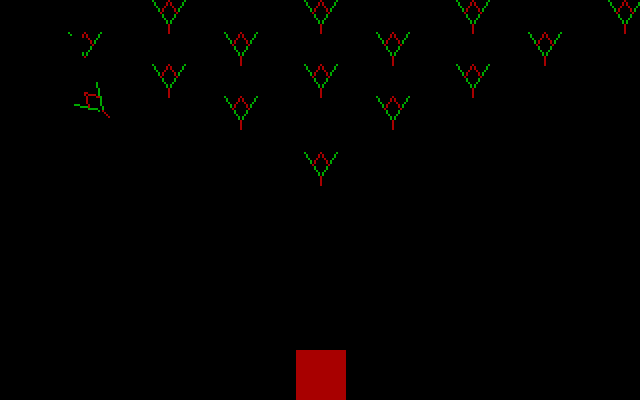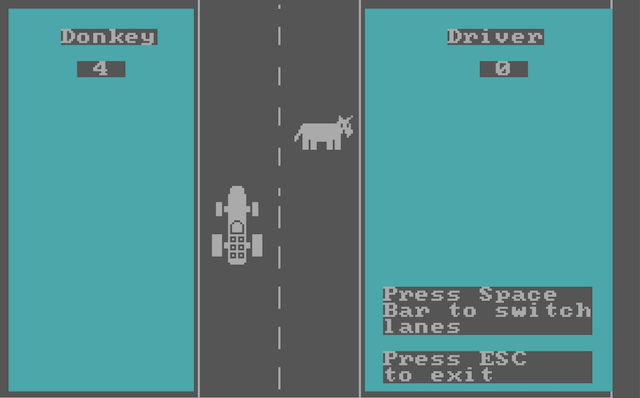📅 2026-01-15
· ✍️ Bas v.d. Wiel
·
🏷
update
Supporting DOS 3.xx turns out to be something of a challenge due to a lack of authoritative documentation. There simply is no documentation that describes, accurately, how different versions of DOS lay out hard disk structures for the many different types of hardware available at the time. This is a problem for a project that aims for accuracy. So FATFudge was born.
FATFudge is turning into a developer tool that mass-generates hard disk images and runs actual historical DOS versions to partition and format them. This leans heavily on third-party tools like Qemu to emulate a 386 PC, SQLite for database management and some Rust glue to pull relevant metadata from the generated disk images.
Read more...
📅 2025-08-13
· ✍️ Bas v.d. Wiel
·
🏷
announcement
The roadmap to DOSContainer v3.00 is an ambitious one for a project that’s only maintained by a
single person in part-time. A number of features is on the cooker right now, which will take quite
a lot of time before completion. Here they are in some more detail.
Support PC-DOS 3.00
PC-DOS 3.00 is just another version of the IBM-branch of DOS. Supporting that, in and of itself, is
not that much of a problem. It’s a matter of adding boot sector binaries, system files, and to make
branches in the code where data structures get serialized into OS-specific on-disk bytes. The most work
goes into figuring out whether or not those on-disk bytes are different at all, for which IBM’s docs
are not the most reliable source.
Read more...

